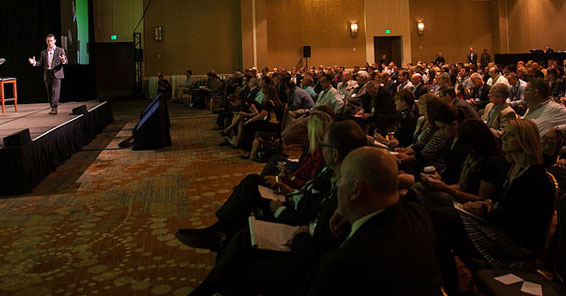FTC Bans Fake Online Reviews and Testimonials

Several weeks ago the U.S. Federal Trade Commission (FTC) announced it had voted unanimously to ban marketers from using fake reviews and other misleading practices to promote their products and services.
The final ruling addresses several types of fake reviews and prohibits marketers from using deceptive practices, such as AI-generated reviews, censoring honest negative reviews, and compensating third parties for positive reviews. The new rule will prohibit the sale and purchase of fake testimonials and allow the agency to seek civil penalties against knowing violators.
The ruling is designed to help consumers find reliable online reviews and filter out untrustworthy comments. With the increased use of e-commerce, influencer marketing, and generative AI, more advertisers have recently been using automated chatbots, such as ChatGPT to quickly generate user reviews for products sold online. As a result of the influx of these fake online reviews, consumers sometimes purchase items based on false or misleading testimonials.
The use of fake reviews has been prevalent with many large businesses in recent years. Amazon claimed to cease more than 200 million fake reviews in 2020 while Yelp reported 950 “suspicious groups, posts, or individuals” were engaging in “deceptive review practices” on other online platforms.
The FTC's ruling prohibits the following:
Fake customer reviews and consumer or celebrity testimonials: The ruling addresses comments that misrepresent those that are made by someone who doesn't exist, such as AI-generated reviews, or doesn't have firsthand experience with the product or service. It prohibits businesses from selling or buying such reviews or procuring them from company insiders when the company knew the review was fake.
Purchasing positive or negative reviews: Businesses cannot provide compensation for writing consumer reviews expressing positive or negative comments.
Insider reviews on consumer testimonials: Company officials that write reviews must disclose the person's connection to the business. It prohibits testimonials given by officers or managers and telling employees to solicit reviews from family members.
Company-controlled review websites: Businesses cannot misrepresent that a website it controls provides reviews or comments about at products or services that includes its own products and services.
Review suppression: Businesses can no longer use legal threats, intimidation, or false public accusations to prevent or remove a negative review. They also cannot misrepresent the section of their website that compromises most of the reviews when it is suppressing negative ones.
Misuse of fake social media indicators: Companies cannot sell or buy fake engagement such social media followers, likes, or views obtained through bots or hacked accounts.
“Fake reviews not only waste people’s time and money, but also pollute the marketplace and divert business away from honest competitors,” said FTC Chair Lina M. Khan. “By strengthening the FTC’s toolkit to fight deceptive advertising, the final rule will protect Americans from getting cheated, put businesses that unlawfully game the system on notice, and promote markets that are fair, honest, and competitive.”
The rule will take effect in mid-October, 60 days after it was published in the Federal Register. The maximum civil penalty for a fake review is $51,744 per violation. The courts may impose lower penalties on lesser violations.
The full article about the FTC banning fake reviews can be found here.
Share this Feature
Recommended Reading:
| ADVERTISE | SPONSORED CONTENT |
STAY CONNECTED
Subscribe to our newsletters to stay informed on the hottest trends in Franchising.
FRANCHISE TOPICS
- Multi-Unit Franchising
- Get Started in Franchising
- Franchise Growth
- Franchise Operations
- Open New Units
- Franchise Leadership
- Franchise Marketing
- Technology
- Franchise Law
- Franchise Awards
- Franchise Rankings
- Franchise Trends
- Franchise Development
- Featured Franchise Stories
| ADVERTISE | SPONSORED CONTENT |








 The franchise listed above are not related to or endorsed by Franchise Update or Franchise Update Media Group. We are not engaged in, supporting, or endorsing any specific franchise, business opportunity, company or individual. No statement in this site is to be construed as a recommendation. We encourage prospective franchise buyers to perform extensive due diligence when considering a franchise opportunity.
The franchise listed above are not related to or endorsed by Franchise Update or Franchise Update Media Group. We are not engaged in, supporting, or endorsing any specific franchise, business opportunity, company or individual. No statement in this site is to be construed as a recommendation. We encourage prospective franchise buyers to perform extensive due diligence when considering a franchise opportunity.